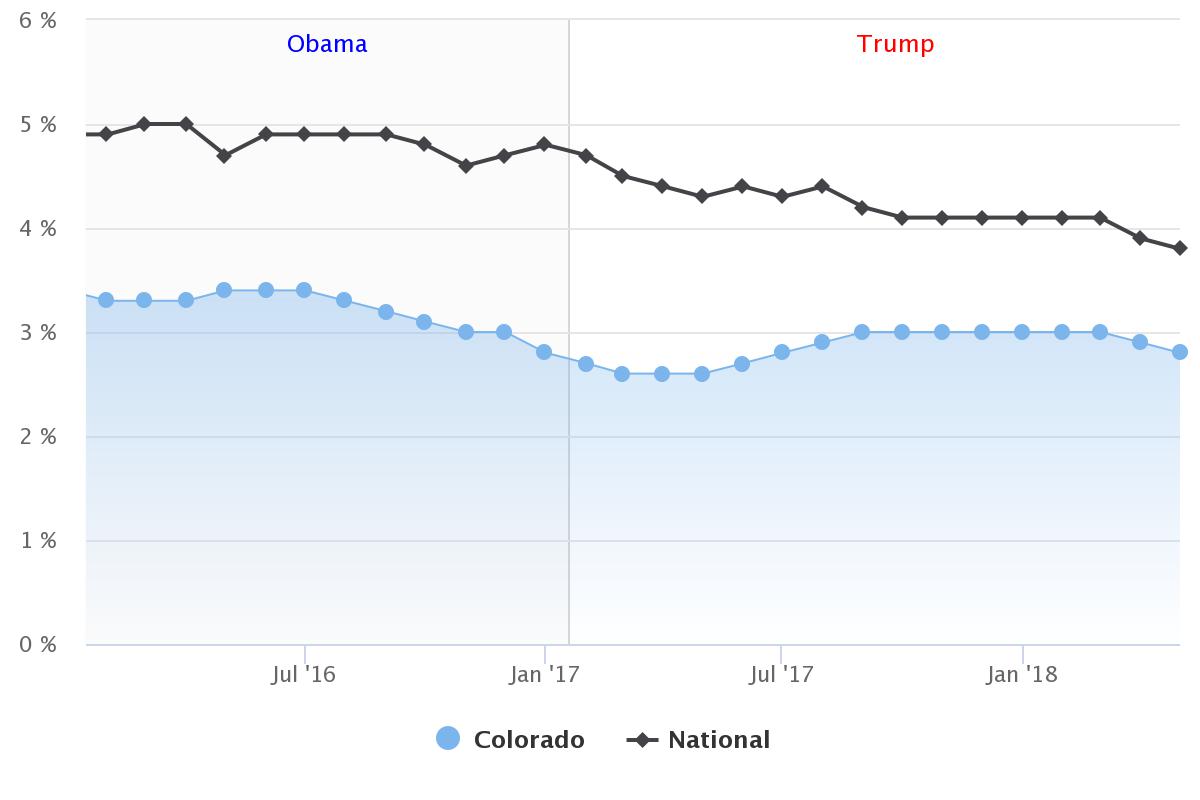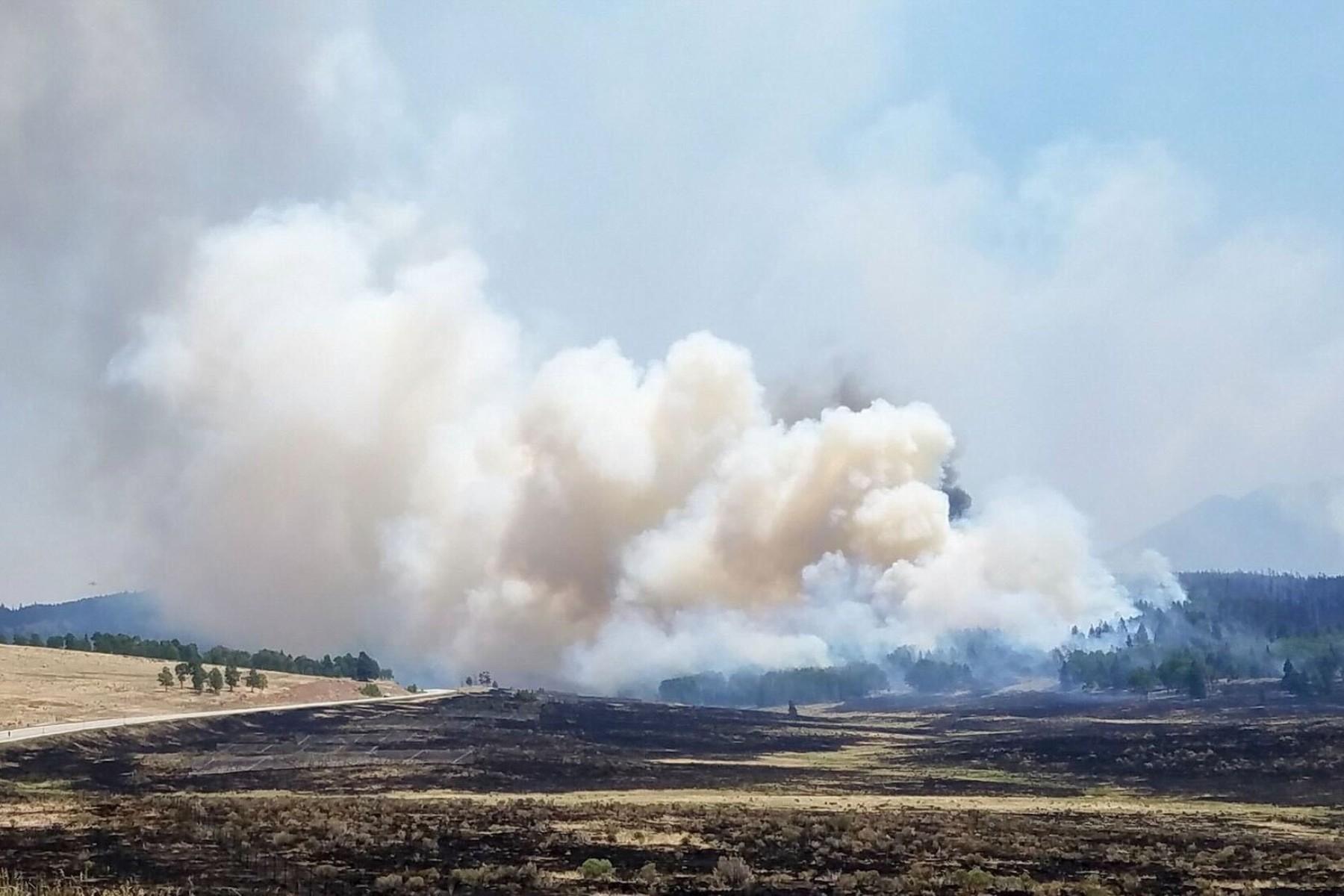
Colorado has the fifth lowest unemployment rate in the nation. May saw just 2.8 percent of the workforce without a job.
Economists say that’s basically full employment, and it should make it difficult for companies to find talent. Surprisingly, that doesn’t seem to be a problem. Employers added 72,800 jobs over the year.
The result is job growth that “continues to increase despite historically low unemployment rate,” said Ryan Gedney, senior economist with the Colorado Department of Labor and Employment.
Colorado appears to be importing its labor, Gedney said, from places like New York, Chicago, and California. Workers may be coming from expensive places where the sticker shock of Denver’s housing prices isn’t as daunting. He also noted that college graduates are adding to the labor force, possibly filling all those new apartment buildings sprouting downtown.
Wage growth was up almost 4.6 percent — well above inflation — and wages have been rising for almost a year now. The low unemployment rate is forcing some employers to raise wages to attract talent despite the labor importation.
“I think it’s certainly a positive sign, we’re seeing wage growth across different industries and different occupations so it’s not just concentrated in one particular area,” Gedney said.
That goes for ethnic groups too. The unemployment rate for whites is below the state average at 2.6 percent, but Hispanics aren’t that far behind at 3.7 percent.
Hispanics have seen the most consistent job growth over the last 12 months. The negative here is that the black unemployment rate has risen in the last year to 5.5 percent, but is still well below where it was two years ago.
The hottest job growth continues to be in the Northern Front Range, led by Greeley (4 percent job growth over the year), Fort Collins (3.1 percent) and Denver (2.7 percent).
Gedney expects the labor market to continue to do well for the foreseeable future — meaning more jobs and higher wages.
Economists agree there’s nothing on the horizon that indicates otherwise. Colorado’s economy is tied to the U.S. economy generally because of the wide diversification in jobs here. “If the U.S. isn't slowing down right now, then Colorado definitely isn't slowing down,” said Andrew Friedson, an economist at the University of Colorado Denver.









